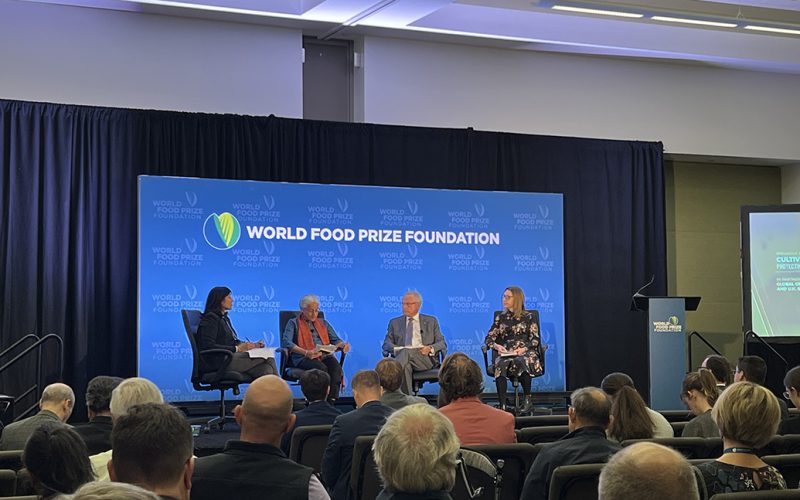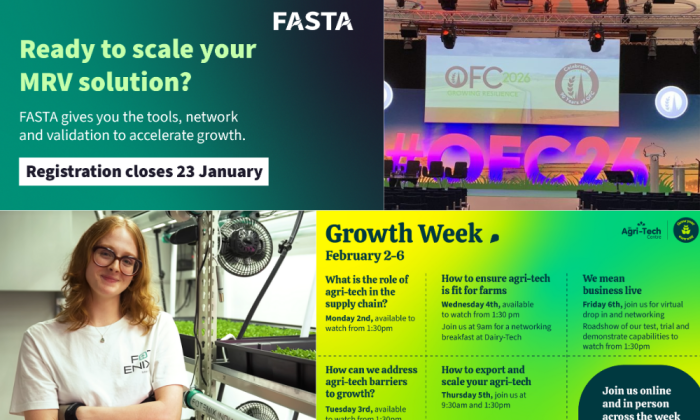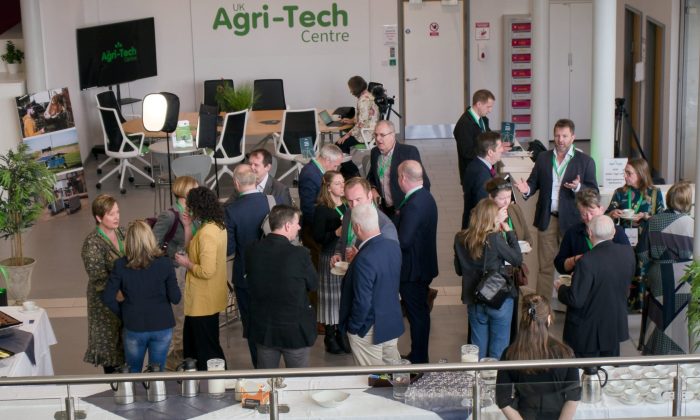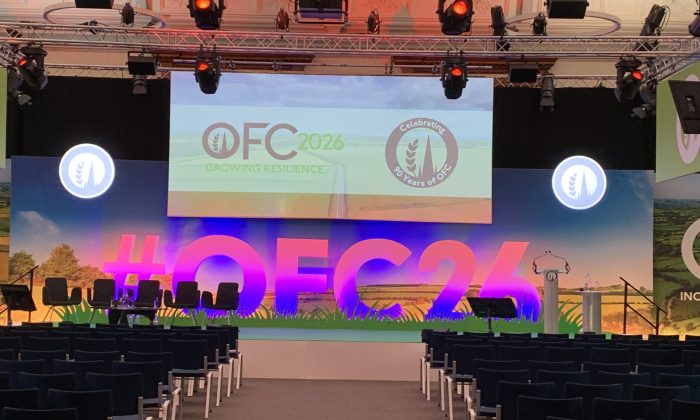Dr Ruth Bastow, Innovation Director had the honour of representing the UK Agri-Tech Centre at the Norman E. Borlaug Dialogue and World Food Prize in Iowa. The event, widely regarded as a global platform for food and agriculture innovation, brought together thought leaders from around the world to explore essential topics in food security and sustainability, notably crop biodiversity.
Dr Bastow contributed to a session focused on protecting crop biodiversity and genetic resources, recognising their importance in helping tackle the global challenges of food security and climate change.
Exploring challenges and opportunities in crop biodiversity
The session featured keynote speaker Geoff Horton, Executive Director Emeritus of the Crop Trust and 2024 World Food Prize Laureate (jointly with Cary Fowler) along with distinguished panellists Nitya Rao, Director of the Norwich Institute for Sustainable Development, Paul Schickler, former President of Dupont Pioneer and owner of 111 Ag and Ruth.
The session’s objectives were to:
- Identify existing challenges and opportunities in the global effort to preserve and harness crop biodiversity and genetic resources for food security through technical and policy lenses;
- Highlight the benefits of crop biodiversity research and development as a global common good internationally and domestically and the interdependence between the international system of gene banks and traditional institutions;
- Explain the wider importance of funding for R&D investments in gene banks for achieving global goals on sustainable development climate and biodiversity and how this intersects with global crop reading programs in CGIAR; and
- Catalyse new ideas about international partnerships between governments, gene banks, non-profits, R&D organisations and other parts of civil society.
Harnessing technology for crop innovation
During the session, Ruth shared insights on the role of advanced technologies such as AI, data analytics and robotics in accelerating crop biodiversity research. She noted that these tools can streamline the breeding pipeline, enabling scientists to identify valuable genetic traits more swiftly and apply these findings in traditional agriculture as well as innovative production systems like Controlled Environment Agriculture (CEA).
Dr Bastow emphasised that a comprehensive understanding of end-users needs is essential to maximise the impact of this biodiversity to ensure that innovations are market-ready and that they can be easily adopted by farmers globally.
Dr Bastow also highlighted several pioneering projects from the UK Agri-Tech Centre. For instance, the Lupin Project aims to cultivate crops as alternative sources of plant protein, while the DECYST Project seeks to harness wild crop relatives to address the challenges of reduced crop protection products. These projects reflect the Centre’s commitment to developing solutions that align with market demands and sustainability goals.
Reflecting on her experience at the event, Dr Bastow said:
“Being invited to be part of the global discussion at the World Food Prize is not only a great honour but a tremendous opportunity to learn from others across the world. By engaging in these dialogues, the UK Agri-Tech Centre is better positioned to accelerate the development and deployment of agri-tech innovations that meet global needs.”



